Alcohol harms the brain in teen years before and after that, too
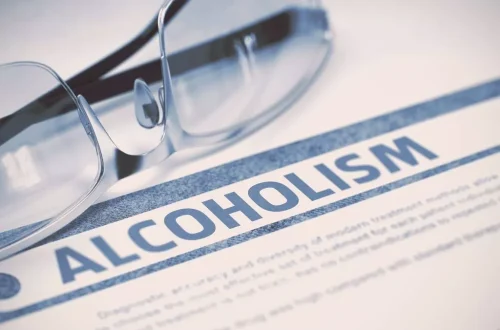
If your teen has a dual diagnosis and is already working with a therapist or psychiatrist, consider speaking with their treatment providers about ways to incorporate substance-related interventions into their existing treatment plan. They may suggest that your teen participate in a substance use or relapse prevention group. They may also refer your family to a skills-based group to learn together about strategies for staying well and avoiding substance use. Unfortunately, at some teen parties, the emphasis is on drinking to get drunk. This “binge” drinking happens when someone drinks more than four (for women) or five (for men) alcoholic drinks in about two hours. This means they need to drink alcohol in order to function normally, and their drinking causes problems in their lives.
I want to get healthier
Talk with people you trust about your concerns and how you are feeling. Consider connecting online, through social media, or by phone or mail. If you do have any of these symptoms, then alcohol may already be a cause for concern, and a conversation about alcohol use with a professional is recommended. The more symptoms you have, the more urgent the need for change. This talk may be a challenging but necessary first step in getting your teen the help they need.
- Excessive alcohol use can harm people who drink and those around them.
- As parents and carers, it’s important to remember that experimentation is normal for young people.
- This is not simply a problem for some families—it is a nationwide concern.
Neural Consequences of Underage Heavy Drinking
At The Recovery Village, we are available to confidentially discuss your family’s situation with you, free of charge and with no obligation. We can help you determine the next steps and if ateen alcohol rehabis the right solution for you. Don’t turn a blind eye to your teen’s alcohol abuse — get them the help they need. You can start byreaching out to usand we’ll help you take it from there. Similarly, high school binge drinking statistics show that most high schoolstudents who drinktend to binge drink.
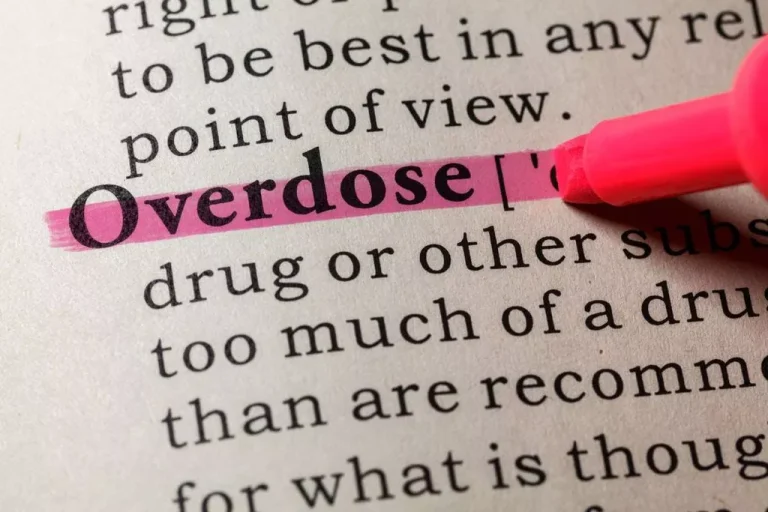
What Happens When You Drink Alcohol?
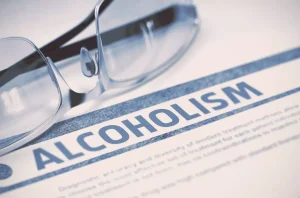
About12%of teen males and3%of teen females are chronic heavy drinkers in high school and continue to drink heavily as adults. Although adults of legal drinking agedrink more oftenthan teens, when teens do drink, they tend to consume more alcohol. Underage drinkers consume about90%of their alcohol during binges. Young people are more likely to drink if at least one parent or guardian in their family has a history of alcohol use or alcoholism.
- Some research indicates that psychiatric medications like lithium (Lithobid), fluoxetine (Prozac), and sertraline (Zoloft) may be useful in decreasing alcohol use in teens who have another mental health disorder in addition to alcohol abuse.
- Overall,up to 12%of young people ages 12 to 20 years old meet the criteria for a diagnosis of alcohol abuse or dependence.
- The more symptoms you have, the more urgent the need for change.
Plus, get a FREE copy of the Best Diets for Cognitive Fitness.
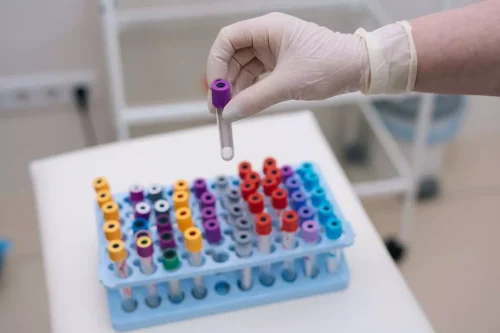
It is a mistaken notion to assume that children and adolescents are simply miniature versions of adults. Due to incomplete development of a child/adolescent’s brain, and the level of experience in individuals under the age of 21, they are different from adults across numerous factors. https://ecosoberhouse.com/article/how-to-stop-alcohol-shakes-tremors/ Young people are at greater risk of alcohol-related harm than adults. As the brain keeps developing into the mid-twenties, drinking alcohol as a teenager can increase the risk of harm to the developing brain. But starting to drink when you are a teenager increases the risk for addiction. Teens who start drinking alcohol before age 15 are five times likelier to develop a later addiction to alcohol than those who begin drinking at age 21 or older.
- If your teenage child is using alcohol or other drugs – or you think they might be – it’s important to look for the signs.
- It’s important to know that any substance has the potential to cause harm, especially for teen brains that are still growing.
- It’s OK to stay away from drugs and alcohol if they negatively affect you or if you’re simply not interested in trying them.
- It’s difficult to prevent teenagers from experimenting with alcohol, but parents and carers can encourage safer drinking habits.
- Alcohol poisoning is the potentially fatal result of drinking excessive amounts of alcohol in a short period.
Recognizing AUD in teenagers isn’t always easy, but it can be the first step teenage alcoholism in offering them the support they need. At high levels, alcohol can make people unconscious or stop them breathing normally. Young people have been known to die from alcohol poisoning or from choking on their own vomit.
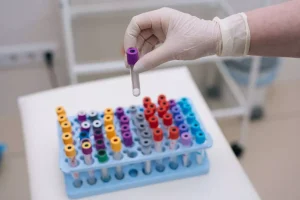
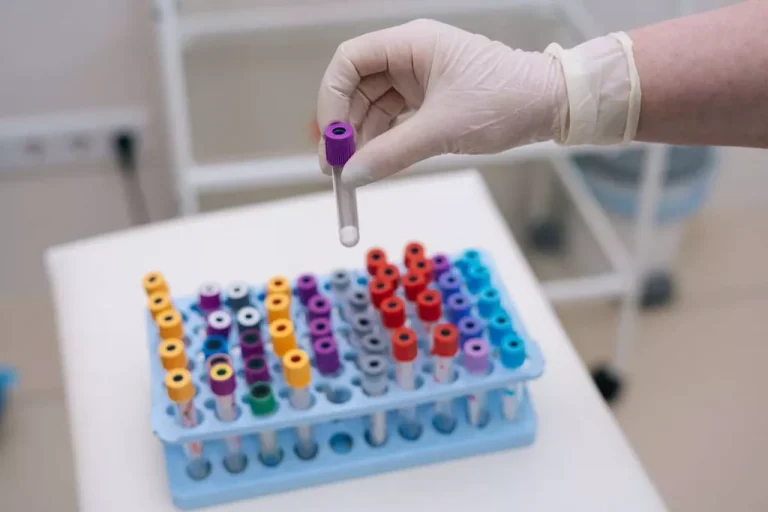
She’s passionate about empowering readers to take care of their mental and physical health through science-based, empathetically delivered information. If you think your teen may not feel comfortable talking with you, perhaps guide them toward another trusted adult, such as an aunt, uncle, family friend, or community leader, with whom they have a good relationship. Regardless of the cause of someone’s AUD, it’s important that they receive the treatment and support they need to feel better.

